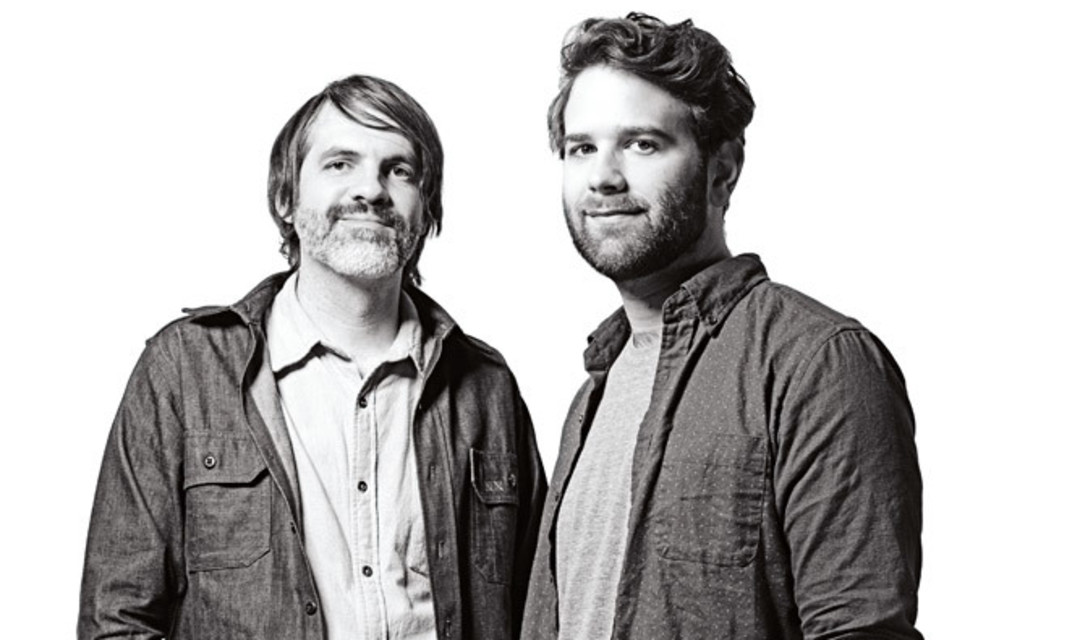The Pay-What-You-Want Idea That Could Change Charity

Jared Mees and Andrew Sloan of Generous.
Image: Michael Schmitt
In the early days of local record label Tender Loving Empire, married founders Jared and Brianne Mees encountered a problem: their bands attracted avid followings, but had a tough time selling merchandise at shows. “People would look, but just leave,” Jared Mees recalls.
So TLE musicians began asking fans to name their own price for albums, T-shirts, and the other live-show “merch.” “Some would pay a dollar,” says the 34-year-old Mees. “Others would pay $20. We ended up averaging about $7 for a CD, but our sales volume more than doubled.”
Now the concept goes digital, with a new angle. Late last year, Mees and TLE creative director Andrew Sloan collaborated to launch Generous, an e-commerce platform that allows customers to set their own prices for products, with a portion of each sale going to a designated charity. (The site will function as a separate entity from the record label.)
This charitable element sets Generous apart from most pay-what-you-want models. (Radiohead famously released a 2007 album on that basis, and indie bands thrive creatively—if not always financially—on Bandcamp’s similar terms.) “We wanted to be able to give to charity and buy stuff we loved,” Mees says. Meanwhile, there’s evidence that adding a charitable donation to a flexible payment structure can boost profits significantly—200 percent, according to one 2010 study.
Mees and Sloan worked with Knicknack, a Wisconsin web developer, to create a smooth and inviting interface: users choose prices with visual sliding scales, then pick among charities, which collect through a PayPal-like system. While Generous is starting small—the private beta test has raised $8,000 for various organizations—it’s gaining momentum even before going fully public. The iconoclastic comedian Russell Brand recently converted his web store to the platform, while local magazine Vortex uses it to sell subscriptions.
Local bands beyond TLE’s own stable have signed on, recognizing Generous as an elegant solution to the problem of squeezing profit out of a product that fans can get without paying. “Digital music is by its very nature free, because it’s copyable infinitely,” Mees says.
Given that challenge, injecting a little philanthropy into consumer culture doesn’t sound so crazy.
